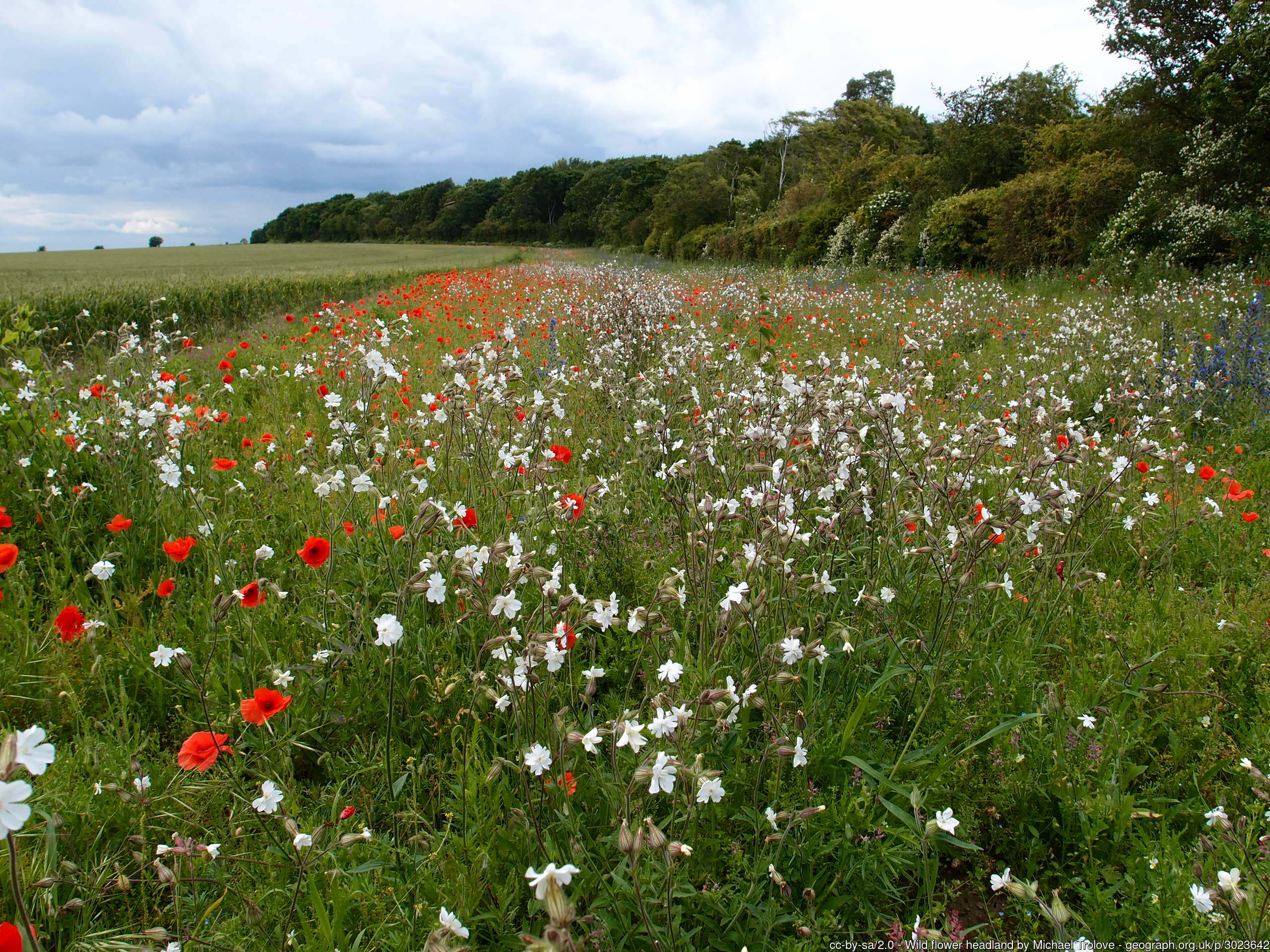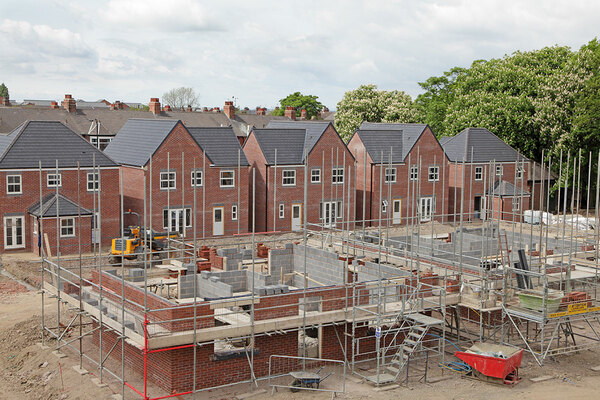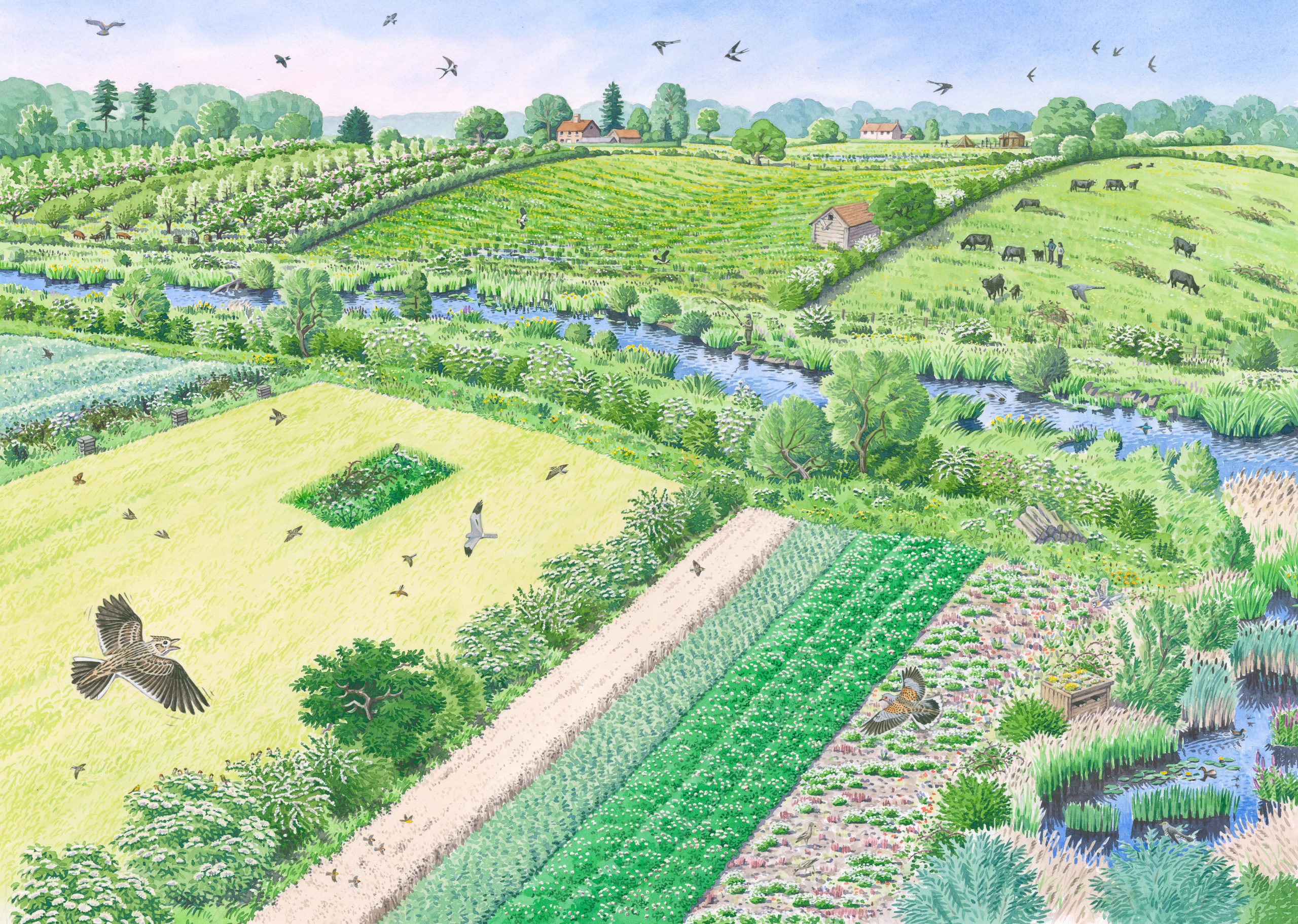The State of Nature in the UK
As if we needed further reminding, the recently published State of Nature Report 2023 highlights the increasingly perilous condition of our biodiversity in the UK. Since 1970 UK species have declined by on average 19% , and nearly 1 in 6 species (16.1%) are now threatened with extinction. Only 5% of the British Isles in properly ‘managed’ for nature, which paradoxically means that the rest manages itself as a fully functioning biodiverse ecosystem.
Let’s be honest here, this biodiversity crisis in the UK is real. In spite of having some of the finest conservation NGO’s in the world; a wealth of ecologists, scientists, and land managers; a keen ‘nature friendly’ populace; a horde of citizen scientists and years of tick box Agri-environment schemes all aimed at trying to reverse damage done to large swathes of our countryside from overgrazing, pesticides, soil and water pollutants, we have all still failed.

‘Naturenomics’: making nature restoration financially viable
Now the one thing that is always forgotten about in conservation circles is good old economics – what I have always called ‘naturenomics’. This, to put it bluntly, is how our farmers and landholders can put food on their own table (if they now need to balance landsharing for nature – not just produce food for human consumption). Over my lifetime I have had the privilege of seeing nature-based economics in action, powered by landowners and communities in other parts of the world. It is wholly driven by the economic benefits and seldom, if ever, by government policy or another round of grant funding.
Post Brexit, a host of new (and often very worthy) agri-environmental payments including the new sustainable farming incentive (SFI) have been introduced, but none of them allow farmers to ‘earn an honest crust’ as they are based on outdated income foregone principals. These payments, or calculated incomes, have in fact turned out to be too small, too insignificant, or too bureaucratic to ensure that most farmers or landholders actually bother taking them up. The result is that the land use change needed to achieve our much highlighted ’30 by 30′ nature recovery targets, will never happen.
Farms and landholdings are after all business enterprises. Their owners and managers make daily commercial decisions on the use of their land, following their own business strategies for crop or livestock rotations and often taking multi-year approaches. They must make long-term decisions and stick with them in order to maintain a profitable food production business.
So, when along comes an agrarian revolution like today – a rural transformation the Government is trying to catalyse thanks to the collapse in our natural ecosystems and the climate crisis – we cannot be too surprised when most farmers and landholders reject the measly offerings of DEFRA funds, targeted handouts and hard-won grants for landscape recovery. Sadly, all of this is similar to what was on offer before, so it’s hardly going to move the dial much further this time round.

Introducing Biodiversity Net Gain (BNG)
But thankfully, along has come the rocket fuel of the revolution, Biodiversity Net Gain (or BNG). At last, an instrument – a sort of nature friendly cash machine for those who want to be better stewards of their lands – that recognises and pays for both the real land value and for nature restoration. Funds generated through BNG allow the owner of those new-fangled ‘biodiversity units’ to earn an income for the next 30 years or so, whilst being able to put some of their land aside for nature’s needs too. This is not £200 a hectare for conventional farming, but some authorities offering closer to £900 or more per hectare per annum for the next 30 years. Income can often be five or ten times as much as this, depending on who’s doing the work and the local demand for credits. Now that makes fundamental commercial and business sense to just about every farmer or landowner I know.
But, nothing works in isolation. Nature recovery still needs the visionary landholders, businesses, and experts to catalyse it, and a progressive government to build a sensible, stable policy foundation and tax regime to incentivise it. But ultimately it will be the financial returns that deliver landscape-scale transformation. It’s the hardheaded business realities that will drive any chance of us restoring Britain’s lost wild isles. It must be more, far more, financially viable to deliver this ‘land share with nature’ over any other land use practice, be that a large grouse moor managed for shooting or a struggling downland farm. It certainly won’t be more NGO fundraising, philanthropic investment, or yet more government subsidies or grants that will work. We tried that for the last 50 plus years – and it has failed.
It’s all about the economics, and the minute the rural economy can make real money out of nature recovery, the much-trumpeted land revolution will begin.
Julian Matthews
Founder, Real Wild Estates

